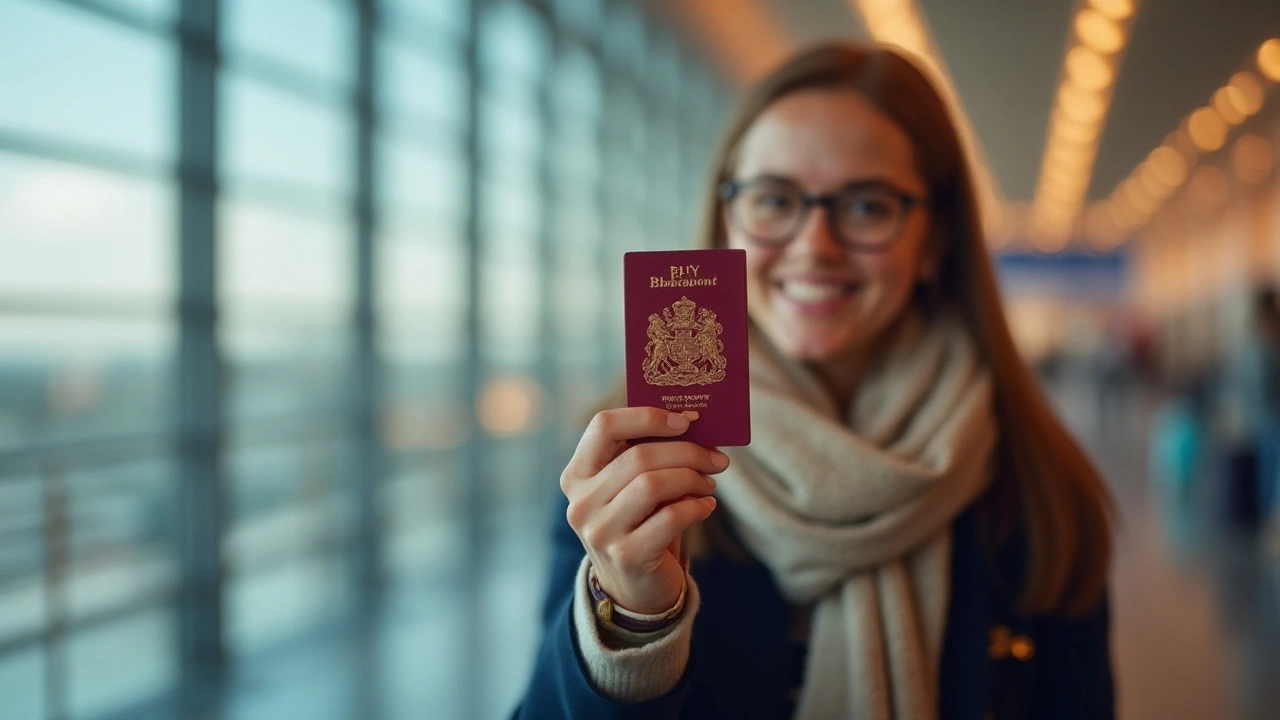Travel Tips for Drivers
Got a road trip coming up or just need to get from point A to B without a hitch? Below are the most useful tips that keep you safe, save money, and help you feel confident behind the wheel. No fluff, just what works.
Before You Hit the Road
First thing – check your vehicle. Look at tyre pressure, oil level, and lights. A quick visual scan catches most problems before they become emergencies. If you’re driving a heavy‑goods vehicle, double‑check the load securement and brake pressure; a loose load can ruin any plan.
Next, sort out paperwork. Make sure your licence, registration, and insurance are current. Driving with expired registration in places like Virginia can cost you a fine and a trip to the DMV. If you’re in the UK, remember the MOT and tax are mandatory – a missing document can stop you at the depot.
Plan your route with a purpose. Use a GPS app that shows real‑time traffic, but also have a backup map. Knowing where the next service station is helps you avoid fuel anxiety, especially on long hauls. If you travel across borders, check the new driver’s licence designs and any Real ID requirements – you don’t want to be turned away at a checkpoint.
Stomach‑level anxiety is a real thing for many drivers. Eating the right foods before a test or a long drive can calm nerves. Opt for a banana, a handful of nuts, or a yogurt – they release steady energy without the crash that coffee can cause.
While You’re on the Journey
Stay focused. The single most critical factor for safe driving is attention on the road. Avoid phone use, keep the cabin tidy, and set your music volume low enough to hear surrounding traffic. If you feel your mind wandering, pull over safely and stretch – a short break restores concentration.
Use fuel wisely. Fill up when the pump reads half a tank; it reduces the risk of running out in a remote area and keeps the engine cooler. For HGV drivers, monitoring fuel consumption per mile helps you spot inefficiencies and cut costs.
Watch your speed. Faster isn’t always better – it raises fuel use, wear and tear, and the chance of a major fault that could lead to a test failure if you’re still in training. In the UK, many learners wonder whether the time of day affects their test pass rate. Early morning slots often mean fewer distractions and calmer traffic.
If you feel anxiety building, practice breathing tricks: inhale for four seconds, hold for two, exhale for six. It lowers heart rate and steadies your grip on the wheel. Some drivers even use light meditation apps during breaks to keep their mind clear.
Finally, respect weather and road conditions. In rain, increase your following distance and avoid sudden brakes. In fog, turn on low beams and reduce speed. Heavy‑goods vehicles need extra stopping distance, so give yourself a larger safety buffer.
Following these simple steps means you’ll arrive on time, keep your vehicle in good shape, and stay calmer behind the wheel. Safe travels!
- February 25 2025
- 0 Comments
- Rowan Cavendish
Do I Need a Passport to Travel to Mexico?
Thinking of visiting Mexico? It's important to know whether you need a passport to make the journey. This article explores the documentation required for traveling to Mexico, providing handy tips to make your trip planning smoother. Discover some best practices for crossing the border and what alternatives might exist for various travelers. This guide aims to ensure you have all the necessary info before embarking on your adventure.
- January 7 2025
- 0 Comments
- Rowan Cavendish
Understanding the Purpose of a Passport Card: Your Travel Companion
Passport cards have become increasingly important as a convenient form of identification for travelers. This article explores their significance, functionalities, and differences from traditional passports. Discover where and when a passport card is beneficial, understand its limitations, and get tips on safe storage during your travels. Whether you travel frequently or occasionally, learning about passport cards can enhance your travel experiences.
- Driving Lessons (43)
- Driving Test Tips (34)
- HGV Training (32)
- Driving Test Booking (28)
- Driving Licence Renewal (26)
- Driving Theory Test (22)
- Intensive Driving Course (20)
- Pass Plus Course (15)
- Driving Tips (15)
- Driver Licensing (14)
Categories
- February 2026 (7)
- January 2026 (13)
- December 2025 (15)
- November 2025 (13)
- October 2025 (21)
- September 2025 (5)
- August 2025 (8)
- July 2025 (30)
- June 2025 (30)
- May 2025 (30)
- April 2025 (31)
- March 2025 (30)
Archives
- driving lessons
- driving test
- driving tips
- intensive driving course
- driving test tips
- HGV training
- driving theory test
- learn to drive
- driver training
- pass driving test
- driving test booking
- HGV driving
- road safety
- Virginia driving test
- driving license renewal
- Virginia driver's license
- learner drivers
- safe driving
- driving license
- learning to drive


